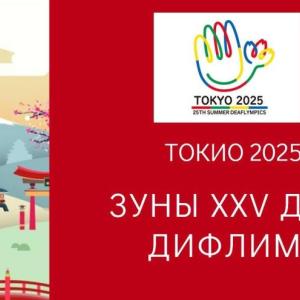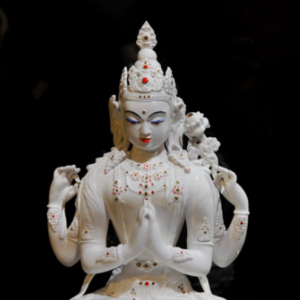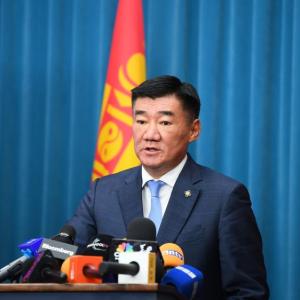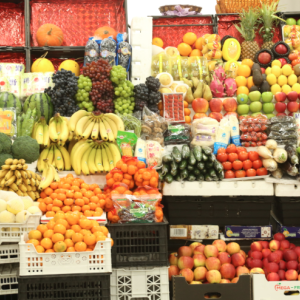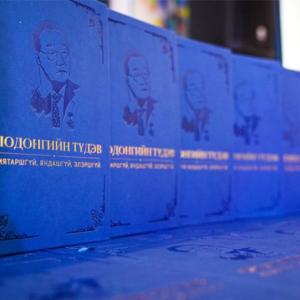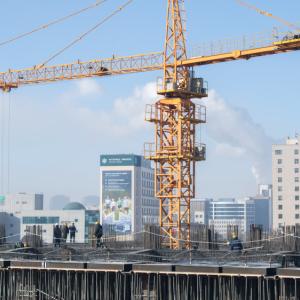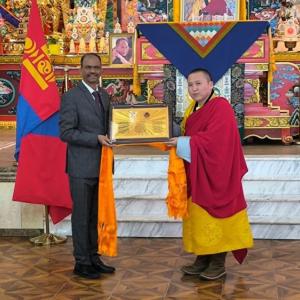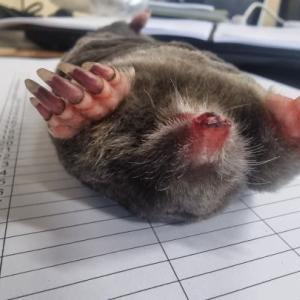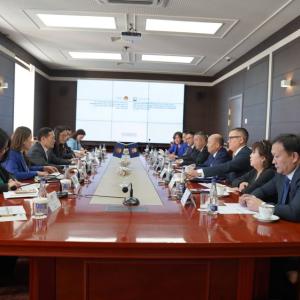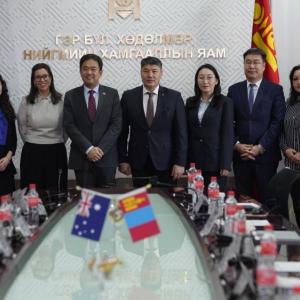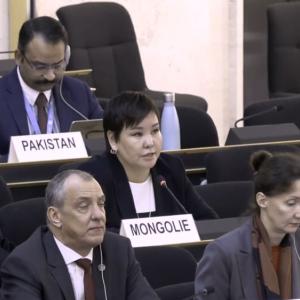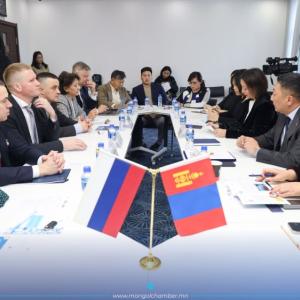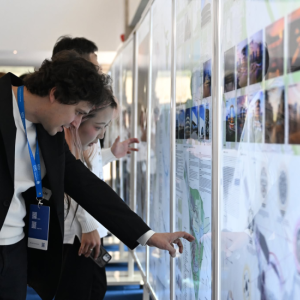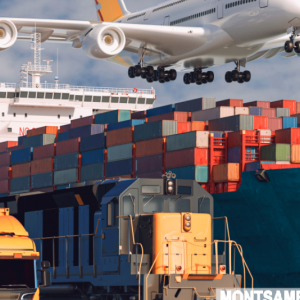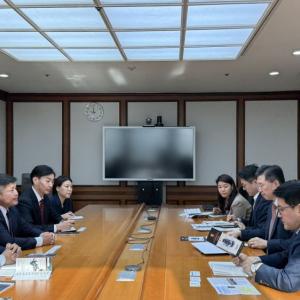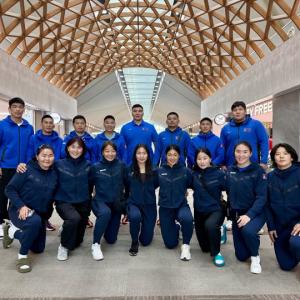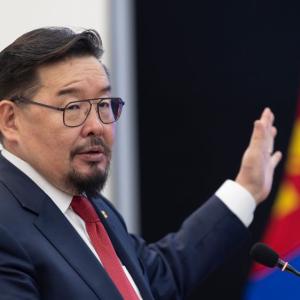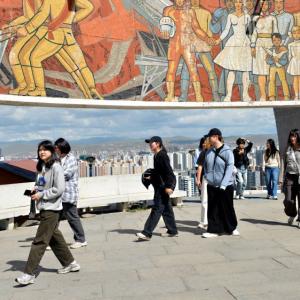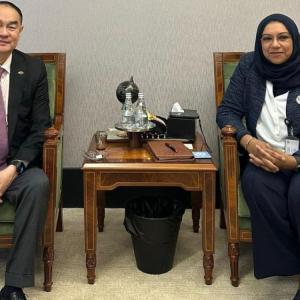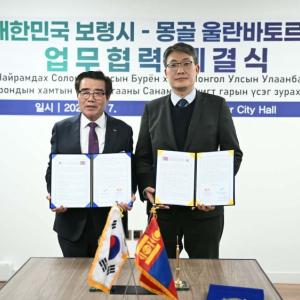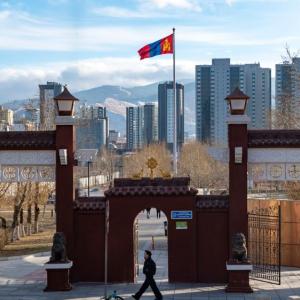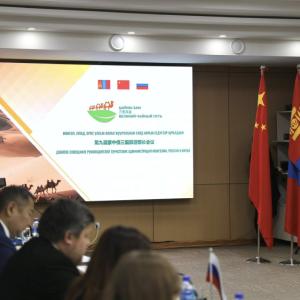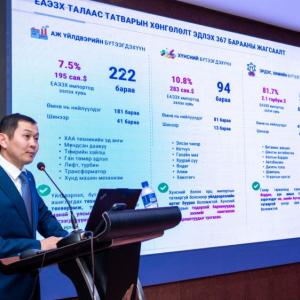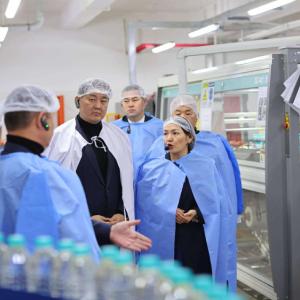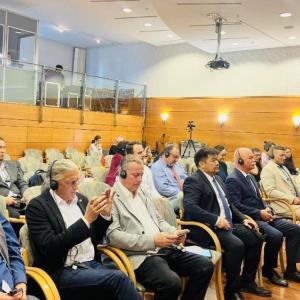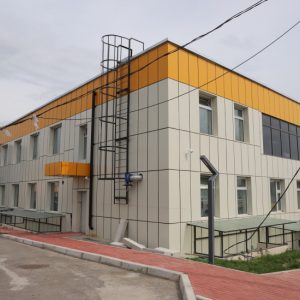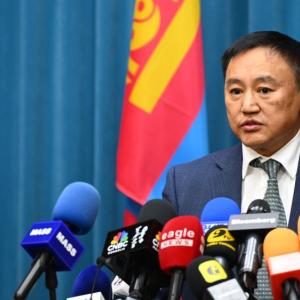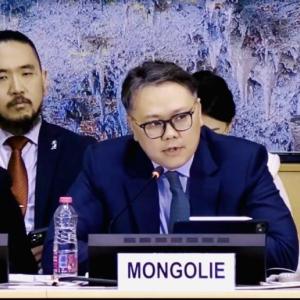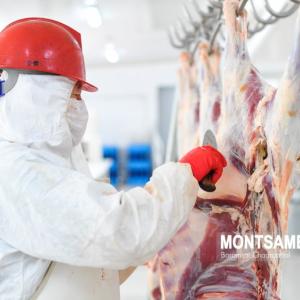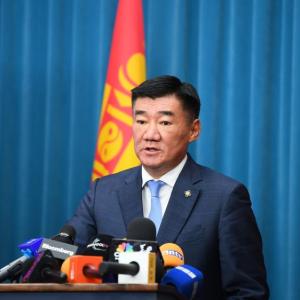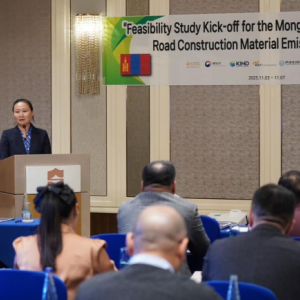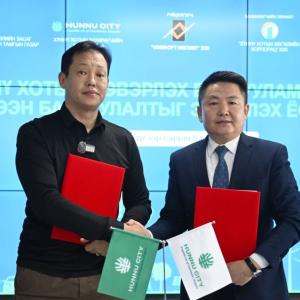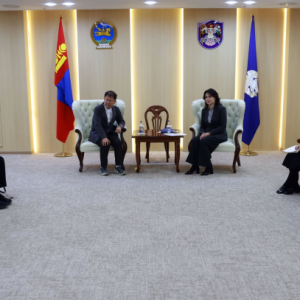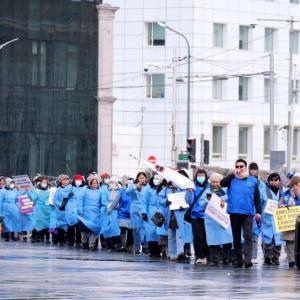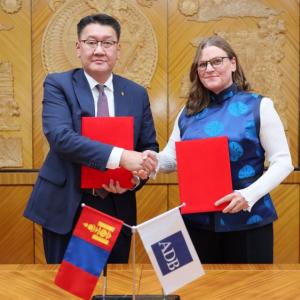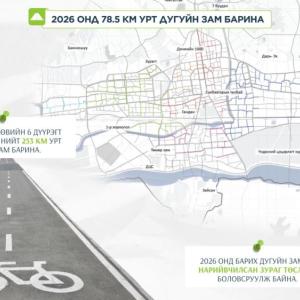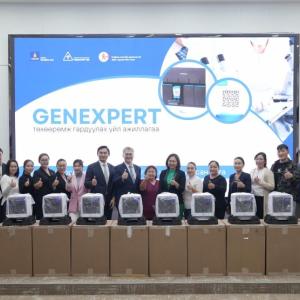Ten impacting works of the UN on promoting gender equality and women empowerment in Mongolia
Society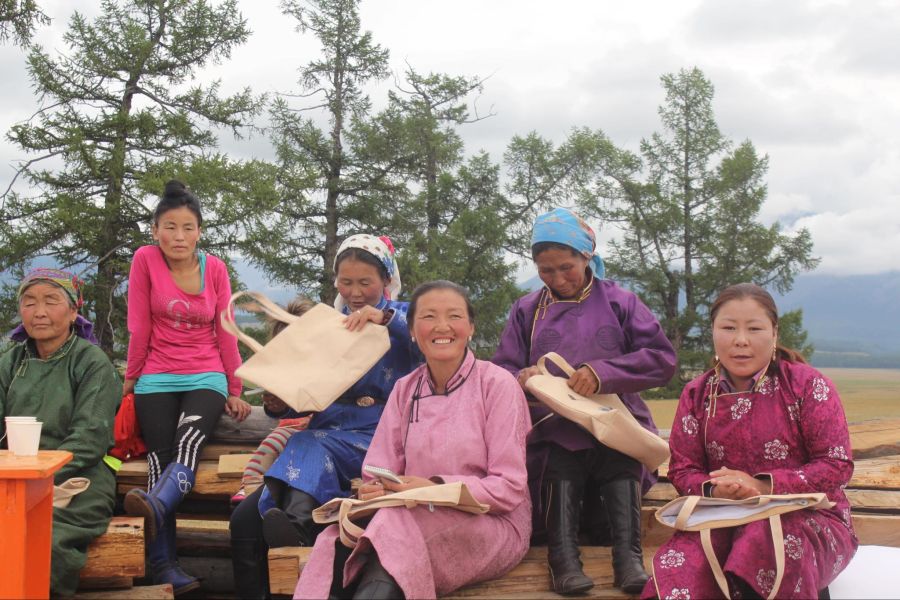
On International Women's Day 2022, UN Mongolia spotlighted its impacting work towards achieving SDG 5 - Gender equality in Mongolia.
1.
UN Mongolia leads the collective
fight against gender-based and domestic violence (GBV) - horrendous crimes against
women and girls in Mongolia. UNFPA led the advocacy on ending GBV in Mongolia
on multi-pronged approaches, including the creation of a strong and enabling legislative
and policy environment backed by real-time evidence and data that brought this
pressing issue to the public discourse. These joint efforts contributed to a
decrease in the reported domestic violence (DV) cases by 32 per cent from 2016
to 2019. However, the current COVID 19 threatened to reverse this achievement.
Total 17 One-Stop Service Centers (OSSCs) and 14 shelters for survivors of GBV
are operating throughout the country and providing safe accommodations as well
as health, psychological, legal, counselling and protection services.
Cumulatively, these OSSCs and shelters served 17,957 clients, and 5,136 cases
were handled by multi-disciplinary teams since its establishment.
2.
UNFPA has also led the UN’s
support in strengthening national capacity to address maternal health and
family planning, as well as sexual and reproductive health education in
Mongolia. Thanks to the ground-breaking telemedicine project that significantly
contributed to reducing maternal deaths, Mongolia became one of the only nine
countries in the world to achieve the MDG 5 target. UN Mongolia together with
partners collectively advocated the Government to increase the state funding
for contraceptives for the vulnerable women and girls, resulting in allocation
of annual MNT 1.8 billion since 2019, which has greatly increased the
availability of family planning services. Since 2016, UNFPA has been working on
enhancing the capacity of midwives in accordance with the international
standard. Mongolia’s secondary schools offer comprehensive sexuality education
as a compulsory part of the curricula.
3.
WHO’s working on mobilising
resources for women’s health and resulted in increased funding of over MNT 1
billion in last 2 years. These funds were dedicated to improve quality of safe essential
maternal health services for reproductive age women including disabled women
across the country. WHO also leads the promotion of universal health coverage and
health equity across the nation. Women are at the forefront of this initiative to
address health issues prevalent within their own communities. Specific health
campaigns such as “Breast Cancer” resulted in wider awareness raising of the
growing cancer prevalence, resulting in early detection and prevention among
the target population.
4.
UN Mongolia is collectively supporting
Mongolia in the elimination of all forms of violence and harassment at the workplace
including gender-based violence in public and private sector. Mongolian
Parliament approved the revised version of Labour Law in July 2021, effective
from January 1, 2022, highlighted the zero tolerance to violence and harassment
including sexual harassment at work. ILO is leading in the prevalence study on
violence and harassment at work, covering 4,000 employees in private and public
sectors in 2021-2022. The study findings will pave the way for the Government
of Mongolia to improve the national legislation further and take appropriate
measures backed by evidence-based data. ILO is also calling on the government, workers
and employers to join the force to stop violence and harassment in the world of
work by ratifying the ILO Convention 190 concerning violence and harassment.
5.
IOM – the UN’s agency for
migration works to advocate for equal rights in employment and mobility,
combatting discriminatory migration practices and addressing risks and
vulnerabilities of the gender relations of migration. Through IOM’s assistance,
as of today, more than 23,000 female Mongolian migrants received assistance
that was tailored to their needs and situations, including psychosocial
support, employment-related support to marginalized migrants, documentation
support, business management and skill development. Around 155 victims of trafficking
were repatriated from abroad and over 600 victims of trafficking received
direct and reintegration assistance. IOM has also helped over 4000 Mongolian
women abroad to return home safely and successfully reintegrate in Mongolia.
6.
UN Volunteers support UN
Mongolia in multiple fronts, including invaluable support in the building capacity
of women and girls, as well as of communities in the pursuit of gender
equality. Meet Ms. Clemence Gallopin from Switzerland, who gave her time and
heart to the vulnerable women and girls in Mongolia, especially during the
COVID-19 pandemic, during which Mongolia saw a surge in the GBV cases. She
provided remote services guidelines for One-Stop-Service Centres that assisted
survivors of gender-based violence during lockdowns and periods of restricted
movement.
7.
Women are highly educated and
present in all sectors, however, not yet sufficiently at the decision-making
level. Here comes the UNDP’s wide-ranging engagement in the capacity building
of the women politicians and women interested in politics and strengthening
their support networks. UNDP works to strengthen the legal environment for
women’s representation at the decision-making level as well as the supporting
mechanisms for women to overcome structural and other factors for pursuing a
career in public leadership. More and more women are empowered in the civil
service leadership with UNDP’s support. UNDP plays a vital role in creating
more gender-responsive budgeting and gender-responsive financing in the private
sector.
8.
UN works on the ground to
empower rural women to be economically active and contribute to the socio-economic
development of Mongolia. One example is
the “ger” kitchen initiative – a novel local value chain approach in employment
opportunity and food security. FAO’s initiative mobilized 120 women in six
soums of Selenge, Hovd, Huvsgul and Dornod to establish small dairy processing
unit with capacity of 500 litres of milk processing per day. The products were
provided to schools and kindergarten for mid-day meal, so that children benefit
from healthy diet while at school.
9.
UN-Habitat empowers female
community leaders in the building of flood resilience in the communities of the
urban suburbs in Mongolia. More than 130 women led the community groups of 1176
members to address the adaptive capacities of the communities. Also 5933
community members with 64 per cent female representation were trained in
community leadership, community action planning, community monitoring, disaster
preparedness and climate change resilience building at community level.
10. UNICEF Mongolia’s work ranges far and wide in defending children’s rights in all forms. Its pilot initiative on reducing air pollution in Mongolia has brought a significant impact on women and their well-being. Distribution of CHIP (Cooking, heating and insulation products) packages to over 1000 households since 2019 replacing coal-fired stoves and insulating their gers has brought thermal comfort, reduced waste, and improved health for household members. Thanks to the CHIP packages, women could save up to 40 minutes a day for making fire and heating the house: this gave them more time to play with their children or cultivating their interests.
To learn more about UN work in Mongolia,
please visit https://mongolia.un.org/
 Ulaanbaatar
Ulaanbaatar






